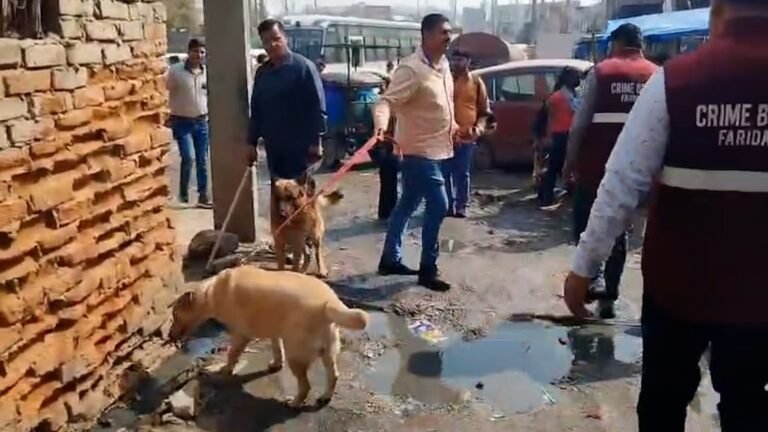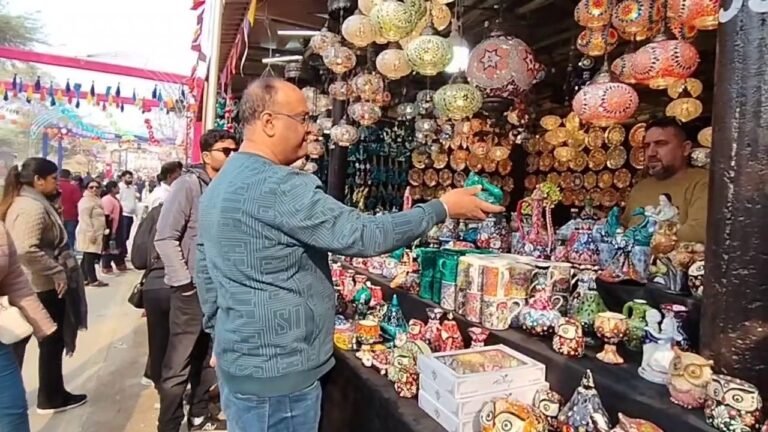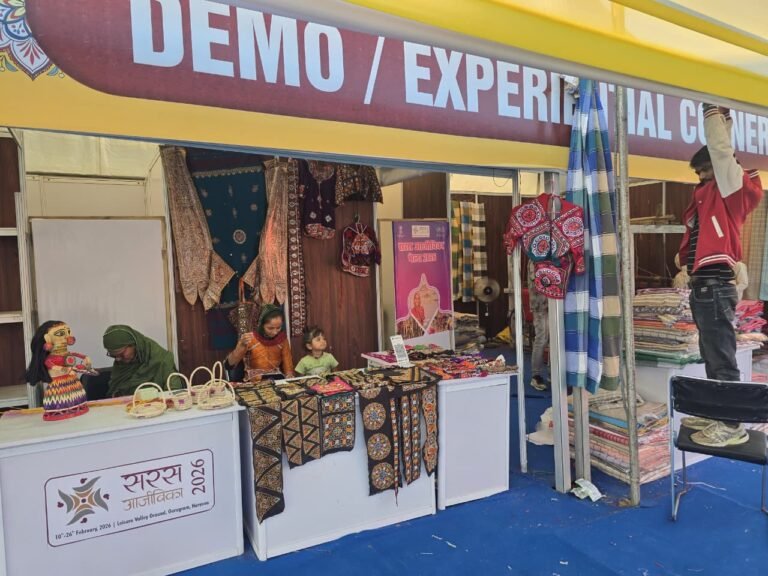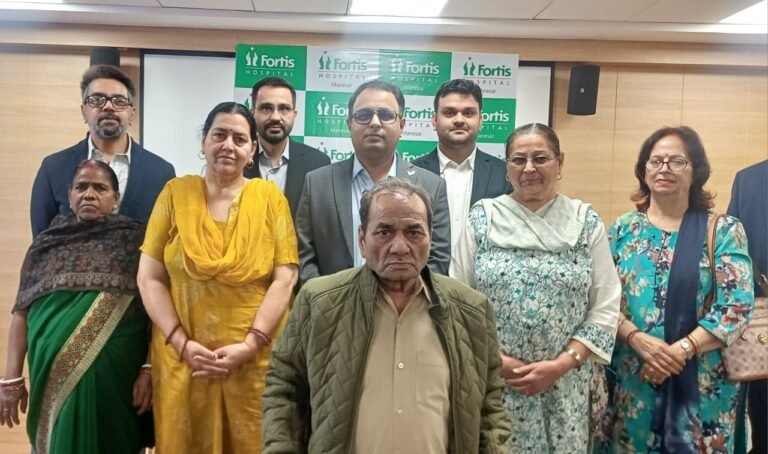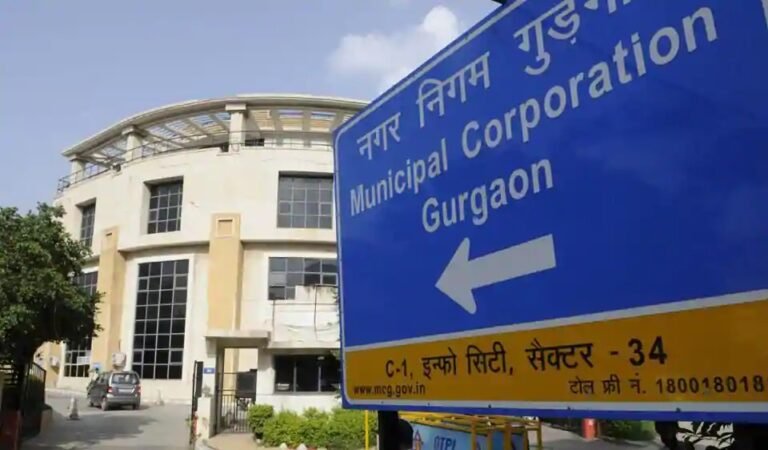
Faridabad, 14 July — The National Meeting and Training Program “Manthan 2025: Harit Bhavishya ke Sutr” was successfully organized by the Environment, Forest and Climate Change Promotion Council Unit at Haryana Tourism’s Surajkund complex. The program brought together state-level leadership from across the country to deliberate on the crucial intersection of environmental conservation, employment generation, and technological innovation.
Under the chairmanship and guidance of National Chairman Shri Rahul Dwivedi, the meeting convened representatives from 22 states including Gujarat, Madhya Pradesh, Assam, Haryana, Punjab, Rajasthan, Jammu and Kashmir, Uttar Pradesh, Uttarakhand, Maharashtra, and others. The event witnessed active participation from the Central Board of Directors and the Central Administrative Team, reinforcing a collective commitment to green development.
During the intensive training session led by Vikram Sharma, Central Director of the Education and Training Board, detailed strategies were shared on strengthening state-level operations, enhancing organizational efficiency, and implementing grassroots initiatives. Central Advisor P.R. Sharma provided valuable insights on carbon credit frameworks, while Advocate Umashankar Rahul discussed the legal dimensions of environmental initiatives.
In his inaugural address, Shri Rahul Dwivedi welcomed the delegates, praising their commitment to environmental stewardship. Emphasizing disciplined action and continuous dialogue, he stated, “We must move forward with dedication and commitment, following our organizational strategy in a disciplined manner. Dialogue, cooperation, and continuous training are essential to achieve the environmental goals set by the Government of India. We will continue to organize such ‘Manthan’ events to build momentum.”
The meeting featured in-depth discussions on current and upcoming projects, state-level implementation strategies, and the importance of mutual coordination and an effective communication system. Plans were presented to strengthen internal mechanisms and to ensure seamless collaboration among states.
Among the major campaigns highlighted were Green Soldier Campaign — A movement transforming plantation drives into mass movements by engaging citizens as “green soldiers” to spread environmental awareness and active participation.
Another campaign Gram Van Yojana aimed at developing green belts in every village to promote climate resilience, biodiversity, and rural livelihoods, thereby guiding rural India towards sustainable and green development. Vriksha Mitra Yojana initiative links mass plantation to the carbon credit framework, empowering local communities economically while enhancing ecological balance and reinforcing collective climate action.
The Council also showcased its efforts in advancing technological innovation, including the integration of a Learning Management System (LMS) for environmental training. This digital platform will support structured, transparent, and accessible training, monitoring, and evaluation processes, targeting increased youth and children’s engagement.
Key objectives and outcomes of “Manthan 2025” included reviewing ongoing campaigns, preparing localized action plans, fostering state participation through guidelines and cooperation models, and introducing proposals to improve communication and coordination mechanisms. Discussions also focused on upcoming projects designed to expand environmental impact and community engagement.
“Manthan 2025” emerged as a vital platform to reflect on achievements, consolidate strategies, and shape future directions for environmental conservation and sustainable development in India. The event reinforced a united national approach to combating climate change and promoting socio-economic inclusion through green initiatives.




